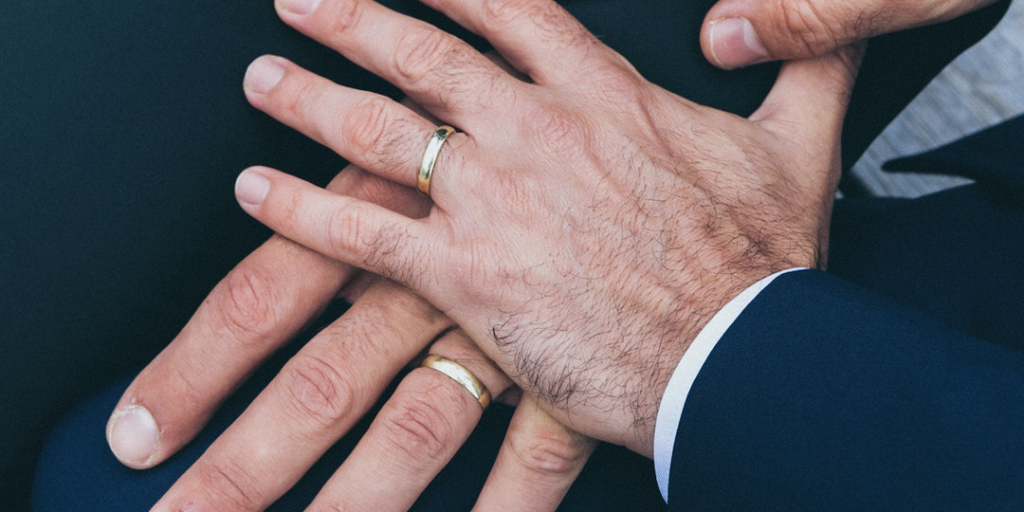Manitoba court insists Christian marriage commissioner marry same-sex couples

The highest court in Manitoba has issued a ruling in a case involving same-sex marriage. The court concluded that civil marriage commissioners have no constitutional recourse if the provincial government forces them to perform same-sex ceremonies.
The case involves a man named Kevin Kisilowsky, who works with street people and gangs in downtown Winnipeg as part of a street ministry. However, Kisilowsky is not ordained as a pastor.
Jay Cameron with the Justice Centre for Constitutional Freedoms, Kisilowsky’s lawyer, says in the course of this ministry, Kisilowsky would encounter people who – because of conviction – decided that they should get married. Cameron explains that Kisilowsky “found himself in a position to be officiating these services, and he was having to have somebody else come in to do the legal part.”
Cameron says when Kisilowsky first got his licence to perform weddings in 2003, his name was on what the Manitoba government called a “private” list of marriage commissioners. “He [Kisilowsky] told Vital Statistics in Manitoba upfront that he was comfortable only doing Christian services. That he didn’t want to marry Wiccans or Hindus or atheists. (So) he was put on a private list. His name was kept out of general circulation, and he wasn’t accessible to the general public. He would just perform marriages in the course of his ministry, where it was necessary.”
Cameron says the Manitoba government was “fine” with the private list. “There was no conflict between the rights of Wiccans or Hindus or atheists or any other demographic of people.”
However, that all changed the following year, when same-sex marriage became legal in Manitoba. Cameron says on the day that decision was made, “all the marriage commissioners in the province were instructed that they must begin to marry same-sex couples. They got rid of the private list that Mr. Kisilowsky was on, (and) threw all the people who were on the private list into the public list. Made them accessible to everybody, and said ‘Now you have to marry whoever comes to you.’”
Cameron says the fundamental issue in this case is the legal notion that governments have a “duty to accommodate” religious beliefs. Cameron says the decision to get rid of the private list actually ended that accommodation. “Mr. Kisilowsky – before same-sex marriage became legal – (said he) wouldn’t marry atheists or Hindus or Muslims or agnostics. He wanted to marry only Christian people. And Manitoba was fine with that. But as soon as same-sex marriage came in, all of a sudden there’s a harm to that particular demographic; that’s what Manitoba is arguing.”
Manitoba’s objective, according to the decision, is “to prevent discrimination against those who wish a civil marriage.” This means there is a conflict between freedom of religion and equality, even though Mr. Kisilowsky had never actually refused a same-sex couple. It is not Mr. Kisilowsky’s actions, but Manitoba’s policy that created this conflict of rights.
Once this conflict is accepted, Mr. Kisilowsky argues it could have been avoided by a private list while the Manitoba government says Mr. Kisilowsky can still perform marriages as a religious official or by obtaining a temporary appointment as needed.
In assessing these options, the Manitoba court is concerned about the potential harm to same-sex couples suggesting that other marriage commissioners might follow Mr. Kisilowsky’s example, especially in remote communities. The impact, the court says, is “very significant and genuinely offensive.”
This means the Manitoba government created a conflict of rights with Mr. Kisilowsky’s religious freedom on one side and the potential offensive impact to same-sex couples on the other side. And then they decided in favor of the latter. Cameron opines, “They created a hierarchy of rights where same-sex rights or LGBTQ rights are at the top, and everybody else’s rights are underneath.” And, Cameron says, “that’s not how Canada is supposed to work.”
The Manitoba Court of Appeal did concede that Mr. Kisilowsky’s religious freedom was infringed in the decision to force him to perform same-sex ceremonies or surrender his licence, but it claimed the infringement was “reasonable”.
Cameron says they are considering applying for leave to appeal the ruling to the Supreme Court of Canada.
Click here to listen to the full interview with Jay Cameron, as featured on our Lighthouse News podcast this week.